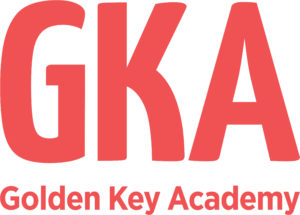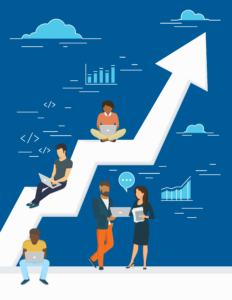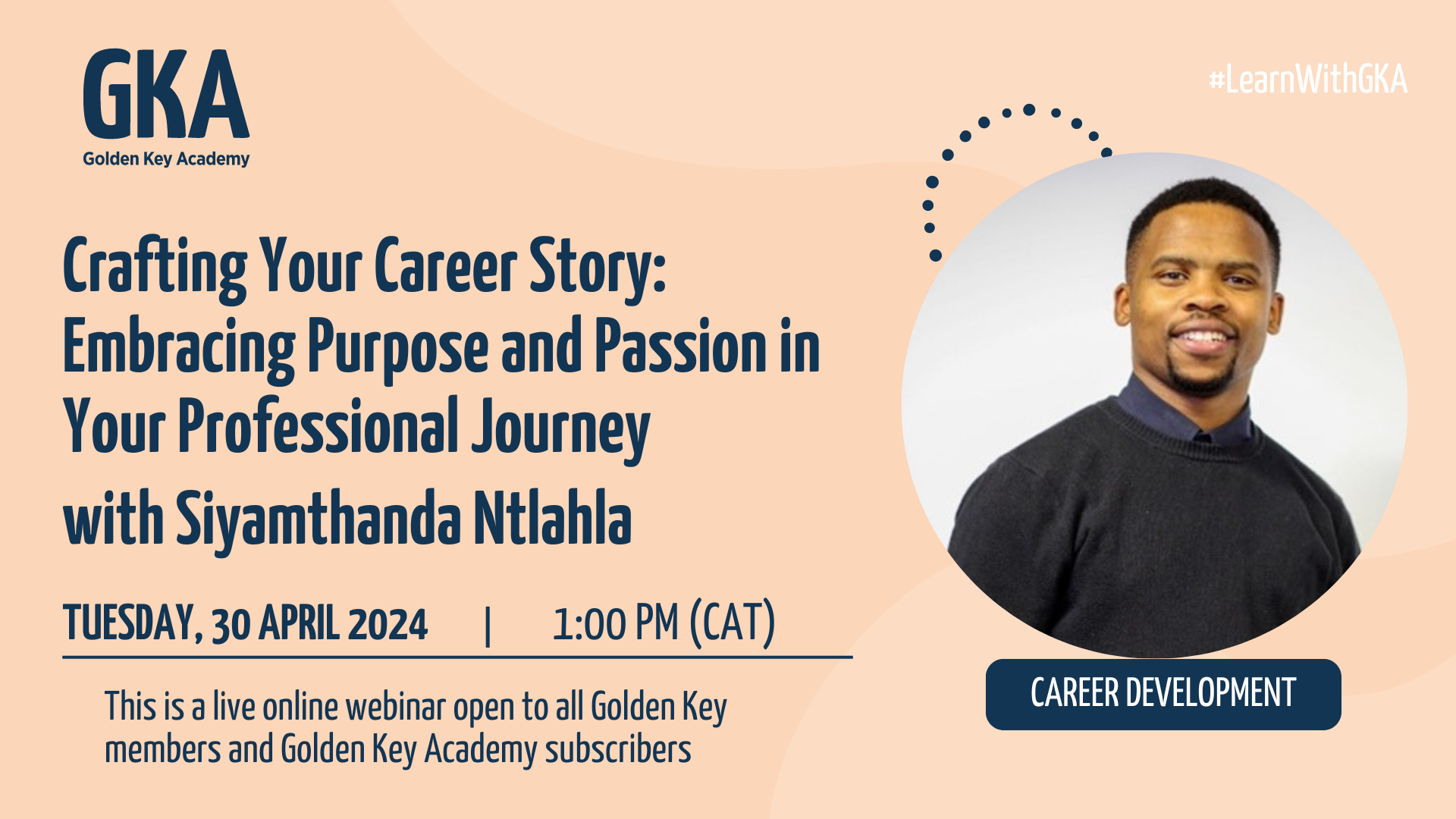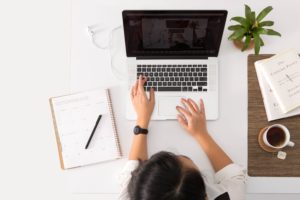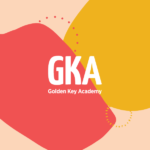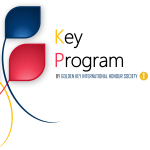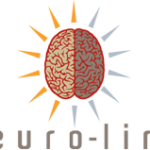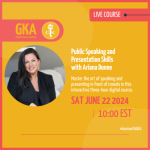To be honest, exam times are the most stressful and difficult times for most students. It does not matter how many exams one has sat before in their life, yet every exam is always like the first. Some students experience anxiety, loss of sleep and loss of appetite.
This is when you discover that there is so much to learn, and yet the time bomb is ticking towards the fast-approaching exam date. With all this information overload, less time to absorb, you are tempted to do only one thing: cram the information.
In most cases, the information that has been crammed is just to pass the exam and get it done and dusted. It’s not long-term information and does not form any basis of learning or knowledge in the brain. The brain is not given enough time and resources to process the information.
This article outlines strategies that can enable the brain to get, process and manage information. The processed information will become knowledge, and the knowledge can be applied in real-life experiences.
It’s always common that the exam date is initially so far away with plenty of time in between, and students tend to procrastinate any form of preparation, not knowing that time flies much quicker than one may think. I used to fall into this trap and leave all the exam preparation to the last minute. Below are strategies that might help you as a student to be delivered from the information cramming temptation.
The first and the most important thing is to know yourself and your “brain bent.” According to Dr. Taylor, 2021, the brain bent is the uniqueness of each individuals’ brain. This uniqueness of the way one’s brain is capable of getting, processing, and managing information is the learning process. Some learning styles can be used during this learning process.
In their paper (Fleming N, & Baume D, 2006) talks of VARK (Visual, Auditory, Reading and Writing, and Kinaesthetic) as an inventory that encourages students to think of how they learn to retain information.
- Visual
The visual people get, process, and manage information through visual aids like pictures, photos, and other images.
- Auditory
The auditory people are better at listening to either speeches or lectures.
- Reading and writing
Some people prefer to read information and write made notes as per their understanding.
- Kinaesthetic
Kinaesthetic people prefer doing experiments or practical exercises for them to learn.
The second step would be to set study goals and objectives. These goals and objectives should be specific, measurable, attainable, relevant to your area of study and time-based (SMART). Place these goals somewhere where you can see them until you sit for the exam. If you are a visual person, you can present the goals and objectives in a chart or diagram.
The next steps should be:
- Create a clear study plan or roadmap with some good breaks in between.
- Determine your preferred study times, mornings, afternoons, or late nights. Be consistent with these study times to allow your brain to rest and reset.
- Prepare a good study space with adequate light, a good ergonomic chair and desk, enough space to move around. Make sure all the study resources are within reach when you are seated.
- Get yourself good study resources depending on what type of learner you are, e.g., if you’re an auditory learner, get good audio and sound resources like speakers with a good volume level.
- Towards the exam date, get yourself some active recall or memory jogging materials that include:
- Use flip charts or memory cards to summarise the main points from your study in words or diagrams (visual).
- Use different coloured pens and highlighters as you read (reading and writing).
- Find a study partner or group and discuss the study materials. If you cannot get a study partner or group, you can talk to yourself (auditory).
- Get quizzes, practise questions, and even simulate the exam condition (Kinaesthetic).
- Make sure you are eating well and having enough rest and sleep.
- Drink many fluids; water is the best. Avoid too much caffeine and sugary drinks as they destroy your brain functions.
- When you are studying, one should:
- Take short breaks
- Stretch the muscles
- Find or think of something to make you laugh
- Be involved in some extracurricular activities and sports. Take time for family, friends, and other relationships.
